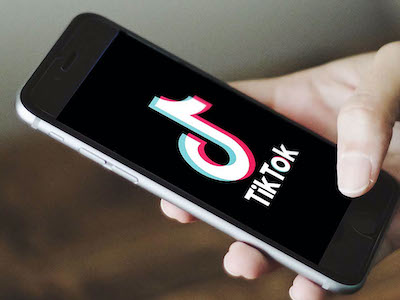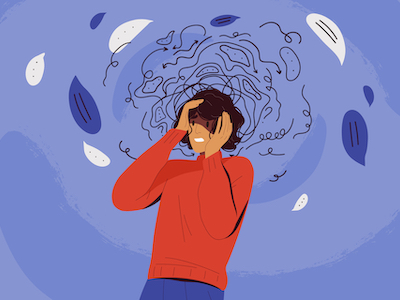 A major new campaign calls on the social networking site to put an end to misogyny on its pages – including graphic videos and images that make light of violence against women. Here’s hoping the message gets through this time
A major new campaign calls on the social networking site to put an end to misogyny on its pages – including graphic videos and images that make light of violence against women. Here’s hoping the message gets through this time
Last month, in a fit of anger, Laura Bates tweeted a screenshot of a Facebook page called “Drop kicking sluts in the teeth” to the beauty company Dove. Bates, the founder of the Everyday Sexism project, had become increasingly frustrated by how difficult it was to persuade Facebook to take down what she and many others perceive as gender-based hate speech – so she decided to contact those who advertise on the site instead. Dove’s logo and ad appeared on that same page, and the beauty company’s response was swift. They made it clear they don’t choose the pages on which their ads appear, while also pledging to resolve the issue. Bates was pleased by how seriously they had taken the situation. She started contacting other advertisers, who responded similarly, with one, a web-hosting company, stating it would remove all its ads from Facebook.
Now Bates is spearheading a campaign, backed by more than 40 other international organisations, calling on Facebook to put an end to violent misogyny on the site. In an open letter, just published online, she and the activists Soraya Chemaly and Jaclyn Friedman ask for three things from Facebook. One is for them to recognise any speech that trivialises or glorifies violence against women as hate speech, and to make a commitment not to tolerate this. The second is to effectively train their moderators to recognise and remove gender-based hate speech. And the third is to train their moderators to understand how online harassment affects women and men differently, due to the prevalence of violence against women in daily life.
They are also starting what they hope will be a major social media campaign, running day and night, worldwide, asking Facebook users to contact advertisers whose ads appear beside violent or misogynist content on Facebook. The site does have a policy on hate speech – its community standards state that attacks on people on the basis of sex or gender, for instance, are not allowed. But when the campaigners wrote their letter, Facebook was apparently carrying pages titled “Fly kicking sluts in the uterus”; “Kicking your girlfriend in the fanny because she won’t make you a sandwich”; and “Violently raping your friend just for laughs”. They added that “images appearing on Facebook include photographs of women beaten, bruised, tied up, drugged, and bleeding, with captions such as ‘This bitch didn’t know when to shut up’ and ‘Next time don’t get pregnant.'”
Misogynistic content has long been a problem for Facebook. In 2011, there was a major campaign against the pro-rape pages that then appeared on the site, with titles including “What’s 10 inches and gets girls to have sex with me? My knife” and “You know she’s playing hard to get when your [sic] chasing her down an alleyway”. (This last page was “liked” by Facebook users more than 130,000 times.) After two months of protest against these pages, including a petition featuring more than 100,000 names, Facebook did take down some of the content in November 2011. But the problem clearly hasn’t gone away. Bates says that a few weeks ago she was sent a video that appeared on Facebook “of a woman being beheaded by a man … It was horribly graphic and very close-up, so you could see the woman’s face while it was happening, and it wasn’t just a swift blow of an axe, it was a man with a short knife, literally hacking her head off.” For two days after watching it, she couldn’t stop crying, and eventually went to see someone who specialises in post-traumatic counselling for journalists to address this. Despite the graphic nature of the video, she says Facebook didn’t immediately remove it.
Bates understands, of course, that Facebook isn’t pre-moderated, and so problematic imagery can always be posted, but wants the site to remove it as quickly as possible. She recognises that arguments are likely to be made about freedom of speech, but points out that Facebook has policies defining what is acceptable content already, and she just wants these to be properly enforced. If the site took a clear public stand on this issue, she says, less of this content would probably be posted in the first place. When I contacted a UK spokesperson for Facebook, they said they hadn’t yet formulated a response to the open letter, which was published at 2pm.
Many women have contacted Bates to say how upsetting they find this imagery, as have parents who have been horrified to find their children exposed to such sites. “They’ve said: ‘I’m absolutely devastated that my son or daughter has seen this, it’s come up in their timeline, and they’re getting the message, as a teenager, that this is a normal thing to joke and laugh about.'” If she and the other campaigners prove successful, all that could be about to change.








